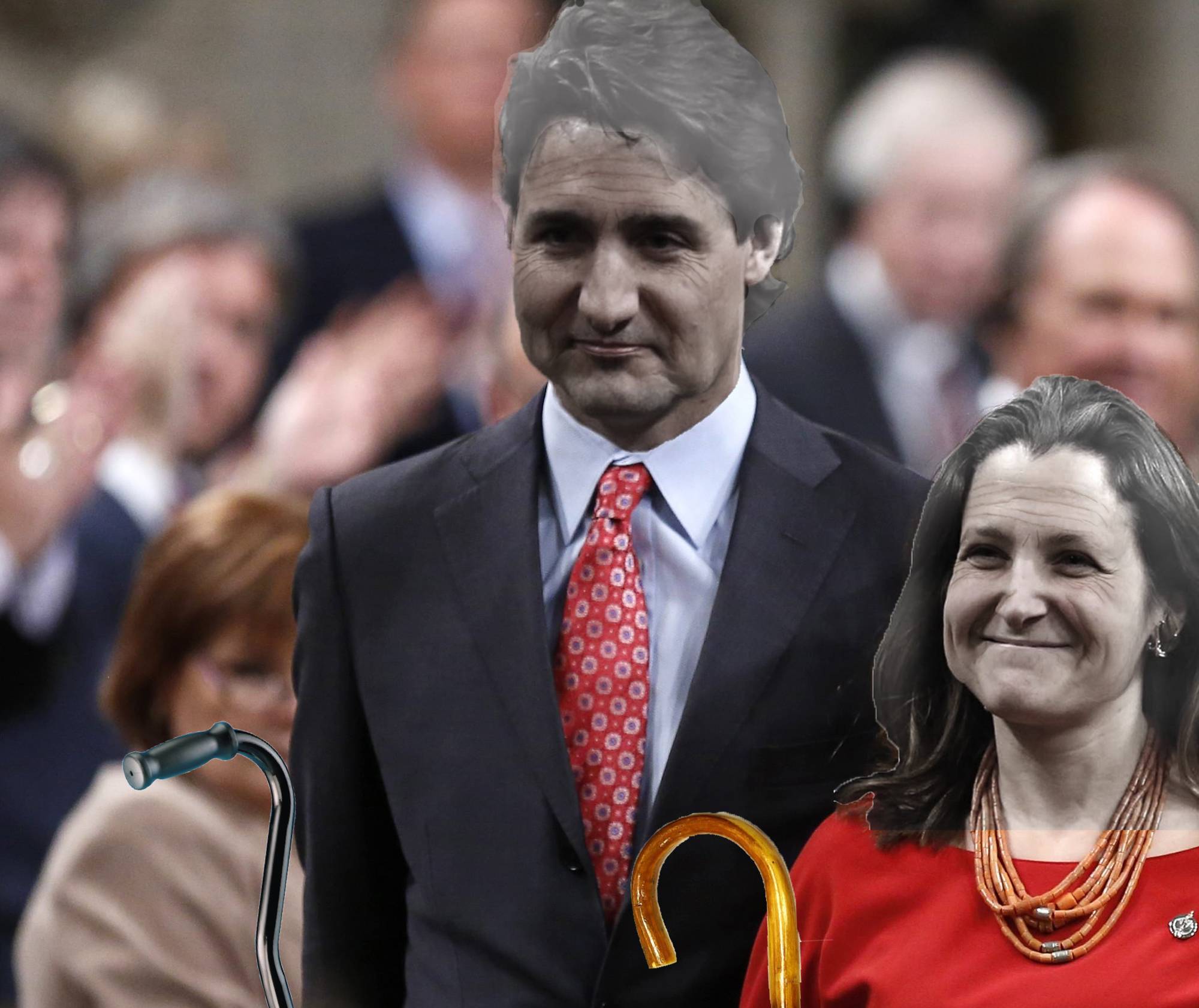Briefing highlights
- Toronto home prices surge 20%
- Holland to retire as Torstar CEO
- Canada's trade deficit flat
- A CETA scene I'd love to see
- Video: Can you protect your job from robots?
Home prices surge
Toronto home prices are driving ever higher as the number of properties for sale dwindles.
Whether in the city core or the suburbs, prices for detached and semi-detached homes rose about 20 per cent in June from a year earlier, the Toronto Real Estate Board (TREB) said today.
This came amid slow or declining growth in sales and a fast-shrinking number of listings in one of Canada’s hottest real estate markets.
It also comes amid mounting concern over the Toronto and Vancouver markets, so much so that the federal government has struck a committee to try to deal with it.
The average price of a detached home in the city’s 416 area code climbed 19.6 per cent in June from a year earlier, to about $1.3-million, the real estate group reported. The price in the surrounding 905 region rose 21 per cent to almost $900,000.
Prices for semi-detached homes also surged, by 19.7 per cent in the 416 area and 17 per cent in the 905, to an average of more than $900,000 in the former and almost $600,000 in the latter.
Sales of detached homes inched up just 1.2 per cent in the 416, while those of semi-detached actually slipped 4.2 per cent. Sales for similar homes fared much better in the 905, up 8.9 per cent and 11.4 per cent, respectively.
Condo sales in both regions, though, climbed markedly.
The story lies in the supply of homes: New listings declined by 3.8 per cent, and active listings by more than 31 per cent.
“There is no doubt that demand is at a record level, but would-be home buyers continue to face an uphill battle against a constrained supply of listings, which has perpetuated strong price growth,” said Larry Cerqua, who recently took over as TREB president.
As The Globe and Mail’s Brent Jang reports, it’s a similar story in Vancouver, where prices also surged in June.
The frothy nature of the two markets has long been a concern in Canada, and affordability is a key issue.
The federal government recently established a working group of officials from Ottawa, British Columbia, Ontario and the two cities to study the market and come up with recommendations.
“As the federal, provincial and local levels of government discuss housing policy in the coming months, issues affecting the lack of supply in the [Greater Toronto Area] should be of paramount importance,” Mr. Cerqua said, adding that his group, too, is studying the issue.
BMO Nesbitt Burns senior economist Robert Kavcic said he’s not surprised by the numbers, given the “supply-demand” fundamentals at play in the Vancouver and Toronto markets.
“And five-year bond yields are flirting with record lows this morning, so mortgage rates are not going up anytime soon,” Mr. Kavcic said.
“Vancouver’s price growth is going parabolic, with the benchmark up more than 30 per cent year over year, which suggests pretty clearly that something beyond just fundamentals is now firmly at work - be it speculative activity or foreign inflows (or realistically both),” he added.
“We’ve seen this many times before (ie., Toronto in the late ‘80s or Calgary in 2006), and it’s usually that final leg of the cycle for prices. Toronto is still much better behaved, closer reflecting very strong supply-demand fundamentals in the city.”
A scene I'd love to see ...

“Europe is still ratifying CETA?”
Holland to retire
The president and chief executive officer of Torstar Corp., David Holland, will retire later this year, clearing the way for a significant change in leadership at the company that publishes the Toronto Star, The Globe and Mail’s James Bradshaw reports.
Torstar announced today that Mr. Holland, who joined the company in 1986 and has served as CEO for seven years, will leave “later this fall,” and it has begun a search for his successor.
Mr. Holland’s decision to leave comes just two months after John Cruickshank left as the Star’s publisher. Mr. Cruickshank suggested it was time for generational change as newspapers navigate a difficult shift to digital platforms.
Trade deficit flat
Canada’s trade surplus held almost steady in May at about $3.3-billion as both exports and imports declined, Statistics Canada said today.
Exports fell 0.7 per cent, and imports 0.8 per cent, though there’s more to the story.
Export volumes slipped 2.3 per cent, while prices rose 1.6 per cent. And import volumes dipped 0.9 per cent, and prices rose marginally.
“We’re at wide levels for the Canadian goods trade deficit, and with downwards revisions to the prior month, May’s data continue to highlight the need for a competitive loonie,” said CIBC World Markets economist Nick Exarhos.